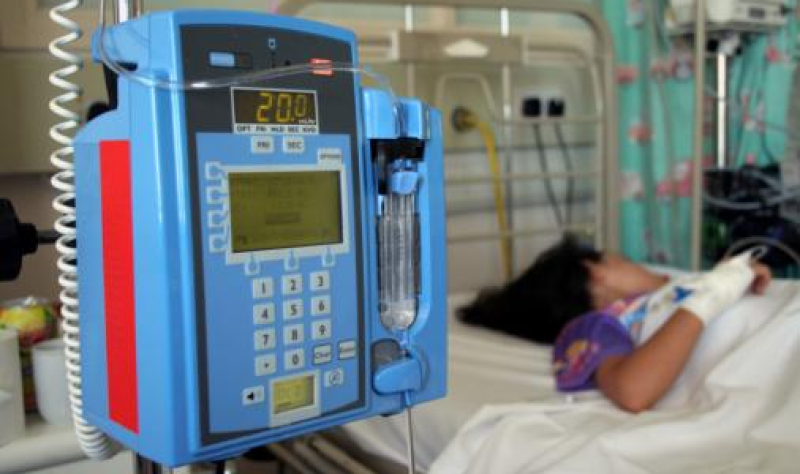Omicron subvariant BA.2 ‘replicates faster in brain cells than other strains’
Omicron subvariant BA.2 ‘replicates faster in brain cells than other strains’ South China Morning Post


But the Hong Kong researchers aimed to find out if, and how, Omicron subvariants behaved differently in terms of impact on brain cells compared to earlier strains.
To do this, the scientists developed cells in the laboratory that mimicked human brain cells and challenged them with the Omicron variants BA.1 and BA.2, as well as the earlier Delta variant and the original, or wild-type, strain detected in Wuhan at the start of the pandemic.
They found that BA.2 replicated much faster than other strains in experiments on in vitro forebrain and midbrain cells. BA.2 was also found to induce a lower level of interferon – a protein released by the human body as a defence mechanism against viral infections – than other strains.
While all variants induced programmed cell death upon infection of brain cells, BA.2 “triggered a substantially higher magnitude” of programmed cell death compared with other strains in the experiments, the scientists said.
They also included two new Omicron variants – BA.4.1 and BA.5.2 – to test their ability to replicate in human brain cells. They found that BA.5.2, a close relative of BA.5 which has been dominant in Europe in recent months, replicated much faster than BA.4.1 in human brain cells.
Both BA.4.1 and BA.5.2 are offshoots of BA.2.
BA.5 and BA.4 have overtaken BA.2 in recent months, but BQ.1 – a descendant of BA.5 – is now the dominant strain in the United States and some European countries.
[embedded content]
The scientists described the findings as “alarming” and called for further research on the neurological impact of Omicron variants.
“While most patients survived the infection, post-Covid-19 sequelae, including neurological manifestations, are common,” they wrote.
“The increased efficiency of BA.2 to replicate and cause apoptosis [programmed cell death] in the brain organoids is alarming, indicating that the long-term consequence of BA.2 infection in the central nervous system (CNS) should be closely monitored.”
Previous studies have suggested that neurological complications can cause long-Covid symptoms such as loss of taste and smell, impaired concentration, fatigue, pain and sleep disorders.



